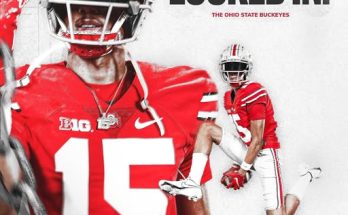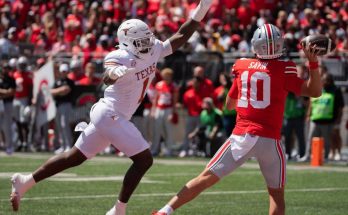The experience of football fans attending matches often varies widely depending on the fixture, the stadium, and the security measures in place. In a recent event that has sparked intense debate among the Scottish football community, Celtic supporters found themselves subjected to extreme restrictions at Ibrox Stadium. Fans report that they were herded into the stadium as early as 10 a.m., which was a full two and a half hours before the scheduled kick-off time. The early entry, ostensibly for safety and crowd control reasons, left many supporters frustrated, uncomfortable, and questioning the rationale behind such stringent measures. This unprecedented situation, combined with the fact that there were no home supporters present in the stadium at that time, has highlighted ongoing tensions in managing high-stakes football matches in Scotland, particularly those involving intense rivalries.
The logistical aspect of herding fans into a stadium hours before the start of a game is complex. Stadiums are designed to accommodate large numbers of people, but the dynamics change significantly when one section is occupied long before other areas are filled. In the case of Celtic fans at Ibrox, the supporters were placed in controlled zones, monitored heavily by stewards and police. This meant that movement within the stadium was severely restricted. Fans were unable to access all the usual pre-match amenities or socialize freely in anticipation of the game. For many, a football match is as much about the atmosphere, camaraderie, and pre-game rituals as it is about the 90 minutes of play on the pitch. Being confined in one section without the usual pre-match buzz naturally caused frustration and a sense of being treated differently, raising questions about equality and fairness in fan management.
The rationale provided for these measures is rooted in safety concerns. Matches between Celtic and Rangers have historically been fraught with tension. These games, often referred to as Old Firm derbies, are known for their passionate support but also for the occasional flare-up of violence. Police and stadium authorities argue that segregating fans for extended periods helps prevent incidents and ensures that fans of opposing teams do not interact in potentially dangerous ways. While the intentions may be safety-oriented, the execution of such measures has been criticized for being overly restrictive, intrusive, and humiliating for supporters. Being herded into the stadium hours before the match, with little ability to move or engage in typical pre-match behavior, has left some fans feeling that their rights as spectators are being curtailed.
Another layer to this issue is the timing of release after the match. Celtic supporters were reportedly not allowed to leave the stadium until an hour after the game had concluded, ensuring that home supporters had already dispersed. While this measure may again be aimed at reducing confrontations, it has the effect of prolonging the period during which away fans are confined. Fans described the post-match experience as tedious and exhausting, with little to do while waiting for clearance to leave. The extended confinement also means missing post-match celebrations or commiserations that typically occur around the stadium, an essential part of football culture. Such restrictions can significantly dampen the overall experience and may even deter future attendance, as fans weigh the inconvenience and discomfort against their enthusiasm for the game.
The social and psychological impact of these restrictions cannot be understated. Football supporters often see themselves as part of a community, with rituals, songs, and chants forming a crucial aspect of their identity. Being confined, closely monitored, and isolated from the usual match-day environment can create feelings of alienation and resentment. For fans who travel long distances to attend away fixtures, the experience can feel particularly punishing. What is meant to be a day of excitement and engagement becomes instead a test of patience and endurance. In interviews and online discussions, many Celtic fans have described feeling like cattle being herded rather than passionate supporters enjoying their sport, a sentiment that has fueled debate about how football authorities balance security with fan experience.



